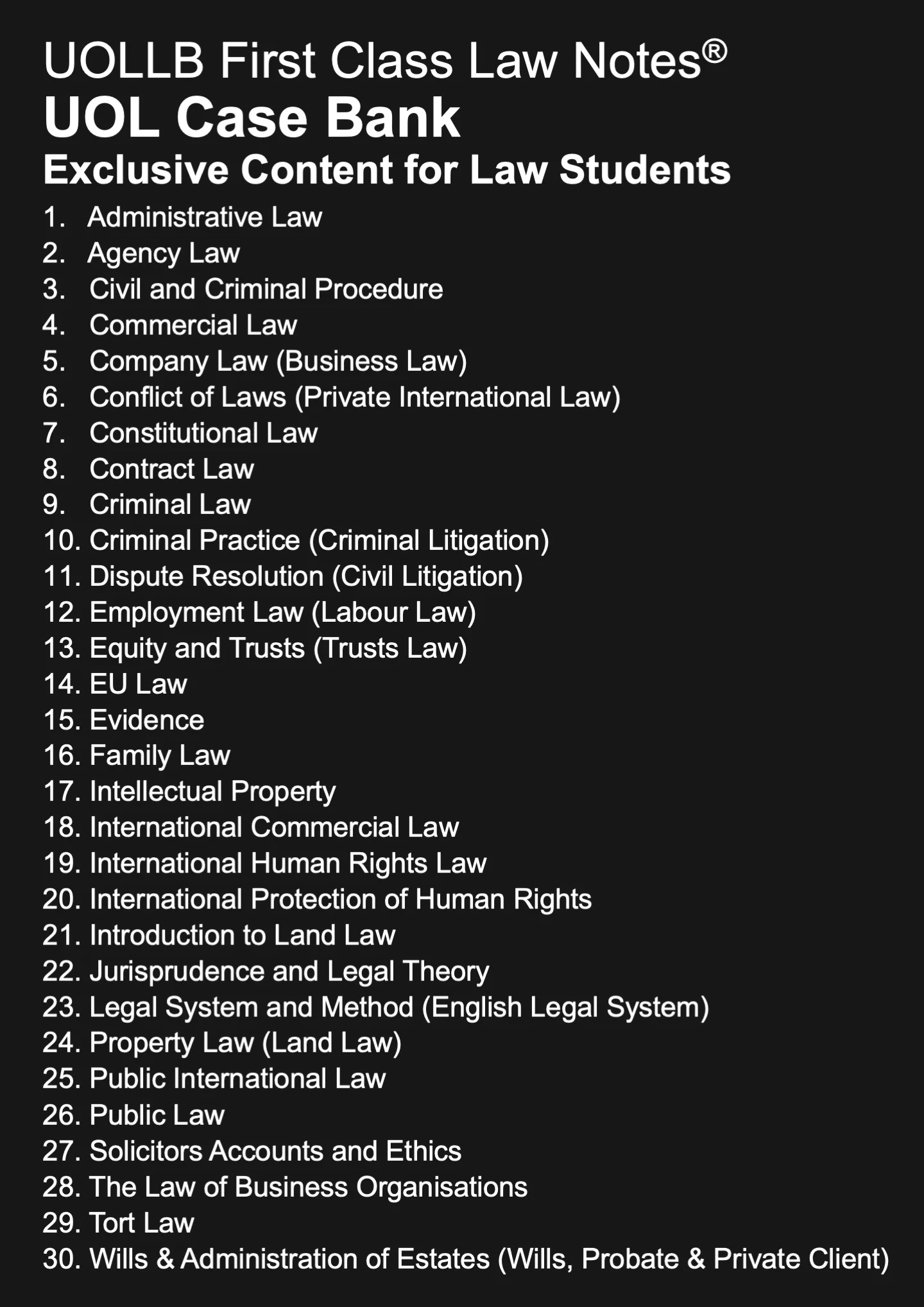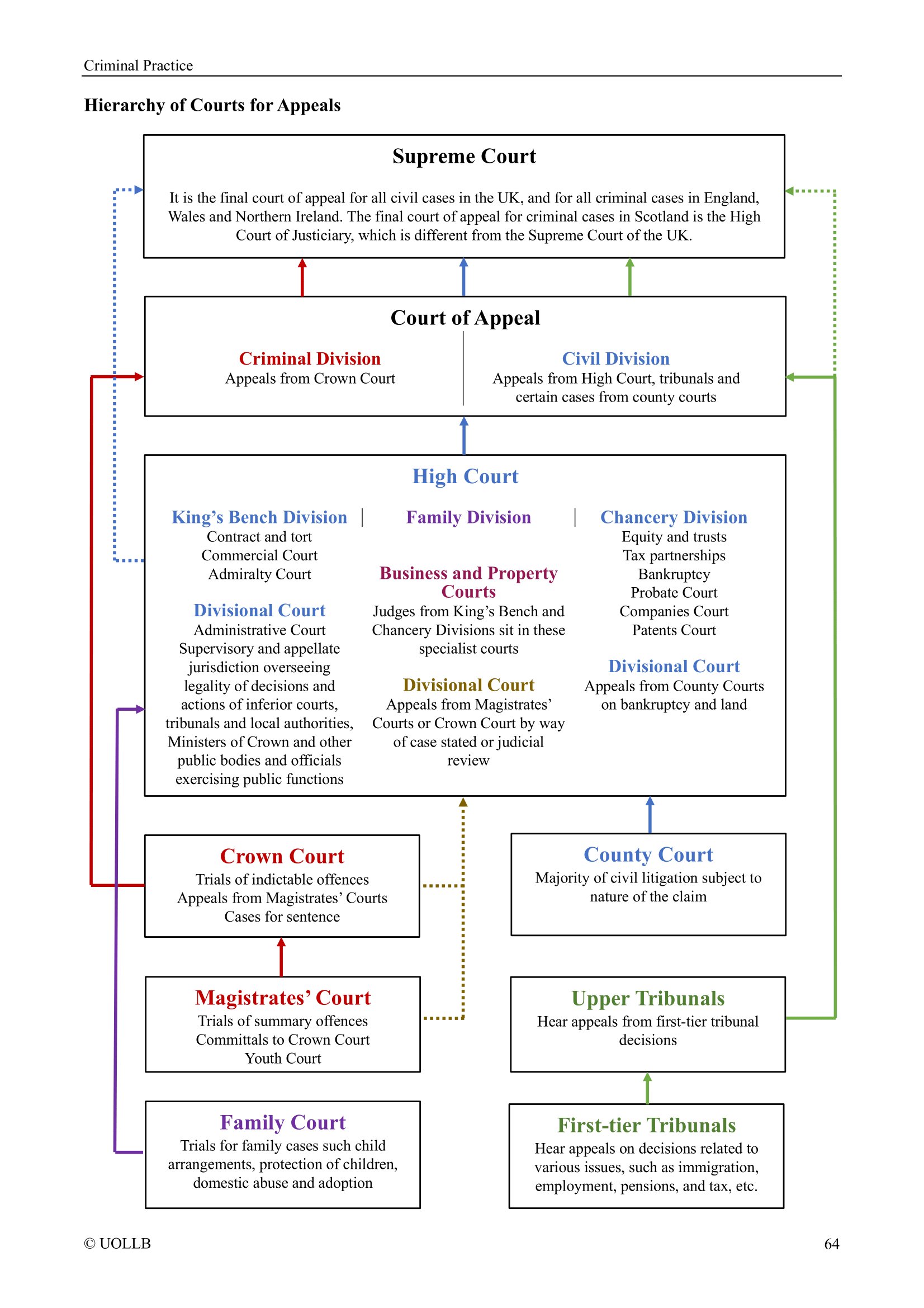Tax Information Exchange Agreements
Share
Tax Information Exchange Agreements (TIEAs) are bilateral or multilateral agreements between countries that facilitate the exchange of tax-related information. These agreements aim to promote transparency and combat tax evasion and avoidance by enabling tax authorities to access relevant information held by foreign financial institutions and individuals.
Under a TIEA, countries agree to exchange specific types of information, such as bank account details, ownership of assets, income, and other financial data. The information shared is typically used for tax assessment, enforcement, and investigations.
TIEAs establish the legal framework and procedures for the exchange of information. They often incorporate the internationally accepted standard for exchange of information developed by the Organisation for Economic Co-operation and Development (OECD). The OECD standard includes principles such as the availability, access, and exchange of information, as well as safeguards to protect taxpayers' rights and confidentiality.
The exchange of information under TIEAs is typically initiated through requests made by one country to another. The requesting country provides details about the taxpayer or entity under investigation, and the requested country gathers the relevant information and shares it with the requesting country's tax authorities.
TIEAs have become an essential tool in international tax cooperation, helping countries combat tax evasion, money laundering, and other financial crimes. They contribute to the global effort to ensure that taxpayers fulfil their tax obligations and maintain the integrity of the international tax system.
The specific provisions and requirements of TIEAs can vary between countries and agreements. Therefore, it is crucial for tax authorities and professionals to understand the provisions of each specific agreement when engaging in cross-border tax matters.
Under a TIEA, countries agree to exchange specific types of information, such as bank account details, ownership of assets, income, and other financial data. The information shared is typically used for tax assessment, enforcement, and investigations.
TIEAs establish the legal framework and procedures for the exchange of information. They often incorporate the internationally accepted standard for exchange of information developed by the Organisation for Economic Co-operation and Development (OECD). The OECD standard includes principles such as the availability, access, and exchange of information, as well as safeguards to protect taxpayers' rights and confidentiality.
The exchange of information under TIEAs is typically initiated through requests made by one country to another. The requesting country provides details about the taxpayer or entity under investigation, and the requested country gathers the relevant information and shares it with the requesting country's tax authorities.
TIEAs have become an essential tool in international tax cooperation, helping countries combat tax evasion, money laundering, and other financial crimes. They contribute to the global effort to ensure that taxpayers fulfil their tax obligations and maintain the integrity of the international tax system.
The specific provisions and requirements of TIEAs can vary between countries and agreements. Therefore, it is crucial for tax authorities and professionals to understand the provisions of each specific agreement when engaging in cross-border tax matters.























































